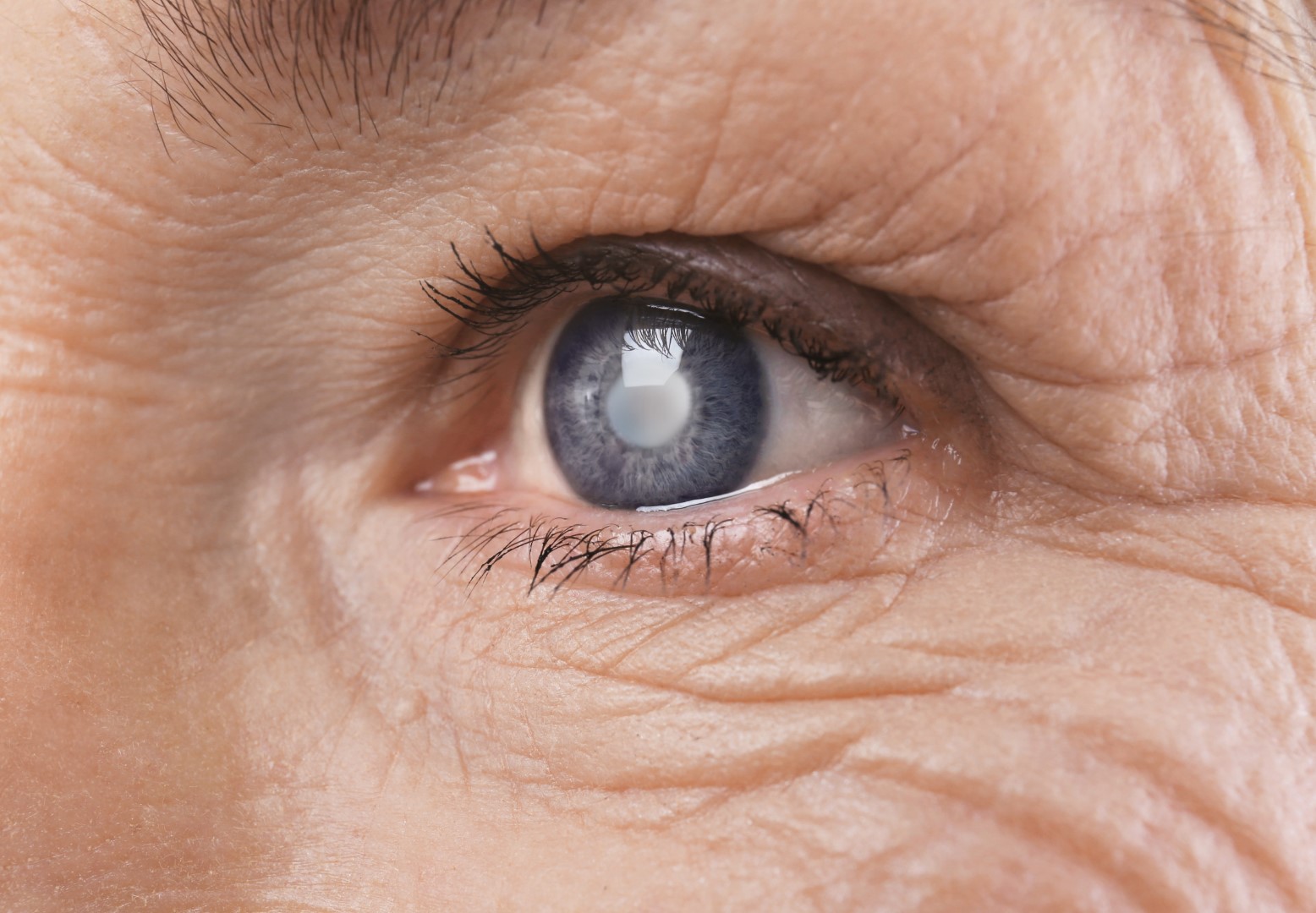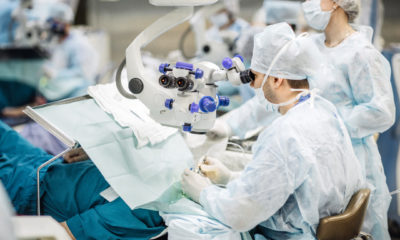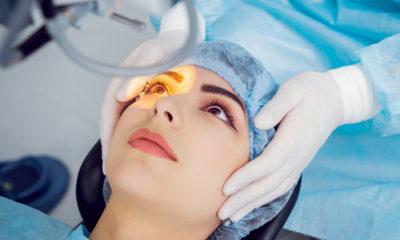Access your own patient portal, provided by NCSH.
Ophthalmology
"How Long After Cataract Surgery Can You Bend Over?" and Other Top Cataract Surgery Recovery Questions Answered
Mon, Apr 15, 2024

Cataracts are cloudy areas in the lenses of the eyes that restrict vision. More than 50% of Americans over the age of 80 have cataracts. Cataracts are not inevitable with age, but they are common. The treatment is surgery, a simple and safe procedure that improves vision.
If you are a candidate for it, you probably have questions about what to expect after the procedure. Here are answers to some of the common questions about recovery from cataract surgery.
How Long Does It Take to Recover from Cataract Surgery?
 You should be able to go home the same day as your procedure, but full cataract surgery recovery time varies by individual. Your surgeon will give you an expected timeline along with all the information you need to recover as safely and quickly as possible.
You should be able to go home the same day as your procedure, but full cataract surgery recovery time varies by individual. Your surgeon will give you an expected timeline along with all the information you need to recover as safely and quickly as possible.
To correct a cataract, the surgeon makes an incision at the front of the eye, removes the cloudy lens, and replaces it with an artificial lens. The incision will begin to heal within 24 hours of the procedure. The deeper area of the eye needs a few more weeks to heal completely.
Touching and rubbing your eye can slow healing or cause damage, so your surgeon will recommend you wear a protective shield at least for a few days, especially while sleeping.
How Long After Cataract Surgery Can You Drive?
Ask your surgeon about your driving timeline after surgery. Everyone is different, and driving with impaired vision is very dangerous. Wait until your ophthalmologist clears you before you take the wheel again.
Driving can be more difficult if you have had the procedure done on only one eye, especially if you have a strong distance vision prescription. When you start driving again, use sunglasses, as the new clarity in your eyes can make everything seem brighter.
How Long After Cataract Surgery Can You Bend Over?
Bending over after eye surgery can be a problem because it puts pressure on the eyes, which can interfere with healing. Most people are safe to bend over 48 hours after the procedure. If your surgery had complications, you may be under this restriction for longer.
When Can You Watch TV or Use a Computer?
You can use screens within a few hours of cataract surgery. Keep in mind, though, that your brain will be catching up to having a new lens in the eye. Your vision when trying to focus on a screen or printed words might be blurry initially.
What Are Other Restrictions After Cataract Surgery?
For optimal healing from your procedure, follow your surgeon’s instructions about activity and restrictions to the letter. Avoiding bending over is important, but sneezing and coughing can also put pressure on the eyes. These cannot always be controlled, but limit them as much as you can.
Light activity or exercise, like a walk, is usually fine within hours of cataract surgery. Avoid more strenuous exercise for about a week or until you get the OK from your surgeon.
You can shower the day after cataract surgery, but don’t let the stream of water get in your eyes. Avoid submerging your eyes in water—such as when swimming or in the bath—for at least two weeks.
When Does Vision Improve After Cataract Surgery?
Patients who undergo cataract removal can expect to enjoy much improved vision after the procedure. For some patients, the improvement is apparent right away, but most experience some blurriness for at least a couple of days. It may even take a couple of weeks for the eyes to heal enough for your vision to become fully clear.
Cataract surgery may seem a little scary, but it is a routine, simple, and safe procedure. If cataracts are impairing your vision and limiting your ability to engage in daily activities, it might be time for surgery. Learn more about the procedure and how ophthalmologists at NCSH can help.
RELATED NEWS

Why Does My Eye Hurt When I Blink?
“Why does my eye hurt when I blink?” If you are wondering about this, you may be surprised to learn that there are many reasons why you could be uncomfortable. Various medical conditions and environmental…
Continue Reading

What is an Ophthalmologist?
At North Carolina Specialty Hospital we take pride in offering ophthalmic (eye) surgeries across all age groups using cutting edge technology to treat various eye issues in a caring environ. We offer LenSx® Laser Bladeless…
Continue Reading

Are Floaters in the Eye Dangerous?
All About Eye Floaters and When to See a Specialist Eye floaters can be bothersome and annoying but rarely dangerous. Floaters in the eye are hazardous only if there is a harmful underlying condition or…
Continue Reading
Stay Current
Educational Articles & More
View News & Press